CIA employee Edward Snowden leaks thousands of classified documents to the press.

CIA employee Edward Snowden leaks thousands of classified documents to the press.
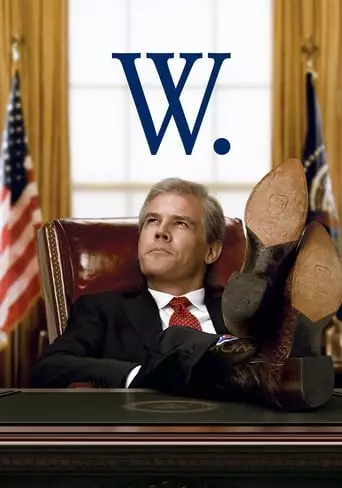
The story of the eventful life of George W. Bush—his struggles and triumphs, how he found both his wife and his faith—and the critical days leading up to his decision […]
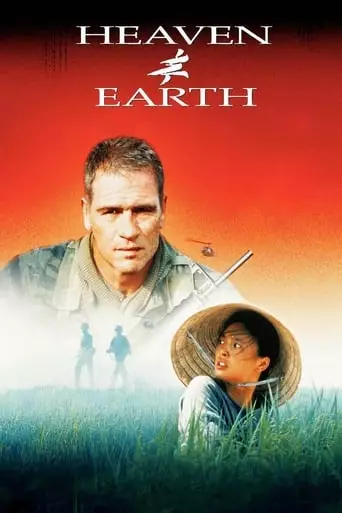
Le Ly lives in a small Vietnamese village whose serenity is shattered when war breaks out. Caught between the Viet Cong and the South Vietnamese army, the village is all […]
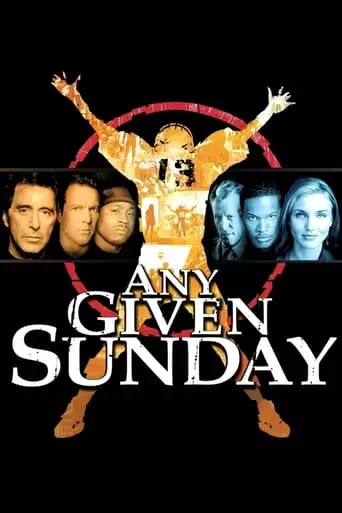
A star quarterback gets knocked out of the game and an unknown third stringer is called in to replace him. The unknown gives a stunning performance and forces the ageing […]
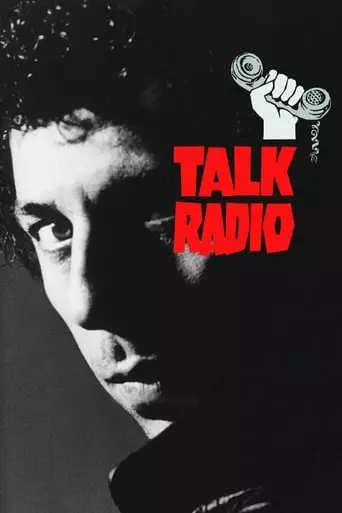
A rude, contemptuous talk show host becomes overwhelmed by the hatred that surrounds his program just before it goes national.
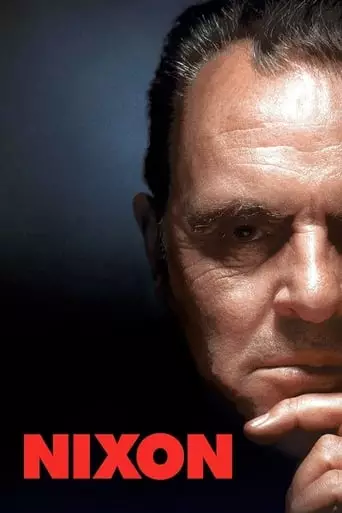
A look at President Richard M. Nixon—a man carrying the fate of the world on his shoulders while battling the self-destructive demands from within—spanning his troubled boyhood in California to […]

Paralyzed in the Vietnam war, Ron Kovic becomes an anti-war and pro-human rights political activist after feeling betrayed by the country he fought for.

The story of the famous and influential 1960s rock band and its lead singer and composer, Jim Morrison.
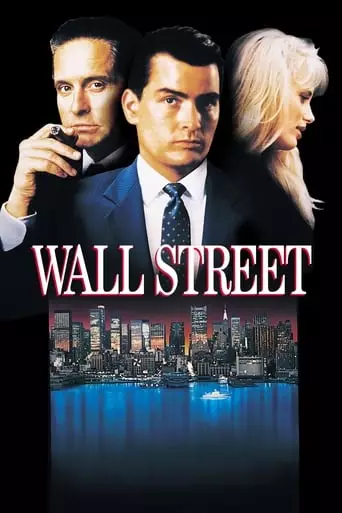
A young and impatient stockbroker is willing to do anything to get to the top, including trading on illegal inside information taken through a ruthless and greedy corporate raider whom […]
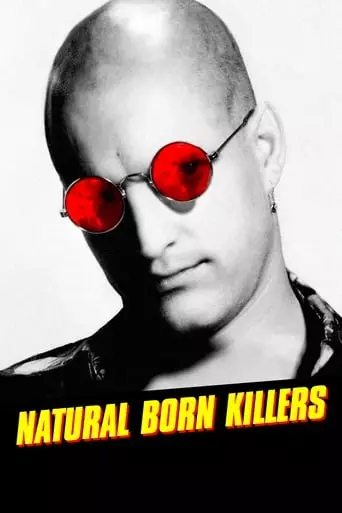
Two victims of traumatized childhoods become lovers and serial murderers irresponsibly glorified by the mass media.
Oliver Stone: The Provocateur of American Cinema
Oliver Stone, born September 15, 1946, in New York City, is one of the most influential and controversial filmmakers in modern cinema. Known for his politically charged narratives, unflinching explorations of American history, and visceral filmmaking style, Stone has carved out a niche as Hollywood’s provocateur. With films like Platoon, JFK, and Natural Born Killers, Stone has earned critical acclaim, sparked heated debates, and established himself as a filmmaker unafraid to challenge societal norms and political power structures.
Early Life and Influences
Born to a French mother and an American father, Stone’s upbringing was marked by a blend of cultural influences. After attending Yale University briefly, he left to teach English in Vietnam before enlisting in the U.S. Army. Stone’s experiences in the Vietnam War, where he served as an infantryman and received a Bronze Star and a Purple Heart, deeply shaped his worldview and became a recurring theme in his films.
After returning to the U.S., Stone studied filmmaking at NYU under Martin Scorsese, where he honed his craft and developed his distinctive style.
Early Career
Stone’s career began as a screenwriter, with notable credits including Midnight Express (1978), which earned him an Academy Award for Best Adapted Screenplay. He also penned Scarface (1983), a gritty crime epic directed by Brian De Palma, and Conan the Barbarian (1982), showcasing his versatility as a writer.
In 1974, Stone directed his first feature, Seizure, a horror film, but it was his second film, The Hand (1981), that began to hint at his future as a bold and provocative filmmaker.
Breakthrough as a Director
“Platoon” (1986)
Stone achieved critical and commercial success with Platoon, a raw, autobiographical depiction of the Vietnam War. Starring Charlie Sheen, Tom Berenger, and Willem Dafoe, the film won four Academy Awards, including Best Picture and Best Director. It was the first in Stone’s Vietnam Trilogy, which also included Born on the Fourth of July (1989) and Heaven & Earth (1993).
“Wall Street” (1987)
Exploring the excesses of 1980s corporate greed, Wall Street introduced the iconic character Gordon Gekko, played by Michael Douglas, who won an Academy Award for his performance. The film’s famous line, “Greed is good,” became a cultural touchstone.
“JFK” (1991)
A masterclass in conspiracy storytelling, JFK delved into the assassination of President John F. Kennedy and the subsequent investigation led by District Attorney Jim Garrison (played by Kevin Costner). The film’s frenetic editing, complex narrative, and bold accusations sparked widespread controversy but also earned eight Academy Award nominations, winning two.
“Natural Born Killers” (1994)
This satirical and hyper-stylized film about media sensationalism and violence polarized audiences and critics. Written by Quentin Tarantino and heavily reimagined by Stone, the film became a cultural lightning rod, with its provocative themes and experimental visuals.
Hallmarks of Oliver Stone’s Filmmaking
Stone’s films are characterized by their intensity, political engagement, and willingness to tackle taboo subjects. Key elements of his style include:
Political and Historical Themes: Stone often examines the intersection of power, corruption, and the American experience, exploring subjects like war (Platoon), politics (Nixon), and journalism (The Post).
Bold Visual Style: His films employ dynamic camerawork, rapid editing, and contrasting film stocks to create an immersive and sometimes disorienting experience.
Moral Ambiguity: Stone’s characters are often deeply flawed, reflecting the complexities of human nature and moral dilemmas.
Controversial Storytelling: He is unafraid to challenge official narratives, as seen in JFK and Snowden (2016).
Later Career
In the 2000s and beyond, Stone continued to explore provocative topics. W. (2008) offered a dramatized portrayal of George W. Bush’s presidency, while Snowden (2016) delved into the story of whistleblower Edward Snowden.
Stone also ventured into documentary filmmaking, producing works like The Untold History of the United States (2012), a multi-part series that reexamines key events in American history, and Ukraine on Fire (2016), which sparked controversy for its perspective on the Ukraine crisis.
Awards and Accolades
Oliver Stone’s work has been recognized with numerous awards, including:
Academy Awards: Three Oscars (Best Director for Platoon and Born on the Fourth of July, and Best Adapted Screenplay for Midnight Express).
Golden Globes: Multiple wins, including for JFK and Born on the Fourth of July.
Silver Bear at the Berlin Film Festival for Wall Street.
Legacy and Influence
Oliver Stone’s influence on cinema extends beyond his films. He has inspired a generation of filmmakers with his audacity, technical innovation, and commitment to tackling complex and divisive topics. His work has shaped public discourse on subjects like war, government transparency, and media ethics.
While critics have sometimes accused Stone of sensationalism or bias, his commitment to questioning authority and presenting alternative perspectives has earned him both admiration and notoriety.
Personal Life
Stone has been married three times and has three children. Despite the controversies surrounding his work, he remains committed to his craft and continues to advocate for political and social causes through his films and public appearances.
Conclusion
Oliver Stone stands as a filmmaker who has never shied away from difficult questions or controversial topics. His films challenge audiences to think critically about the world around them, offering perspectives that are as thought-provoking as they are divisive. With a career spanning over five decades, Stone remains a fearless storyteller, leaving an indelible mark on cinema and the cultural landscape.